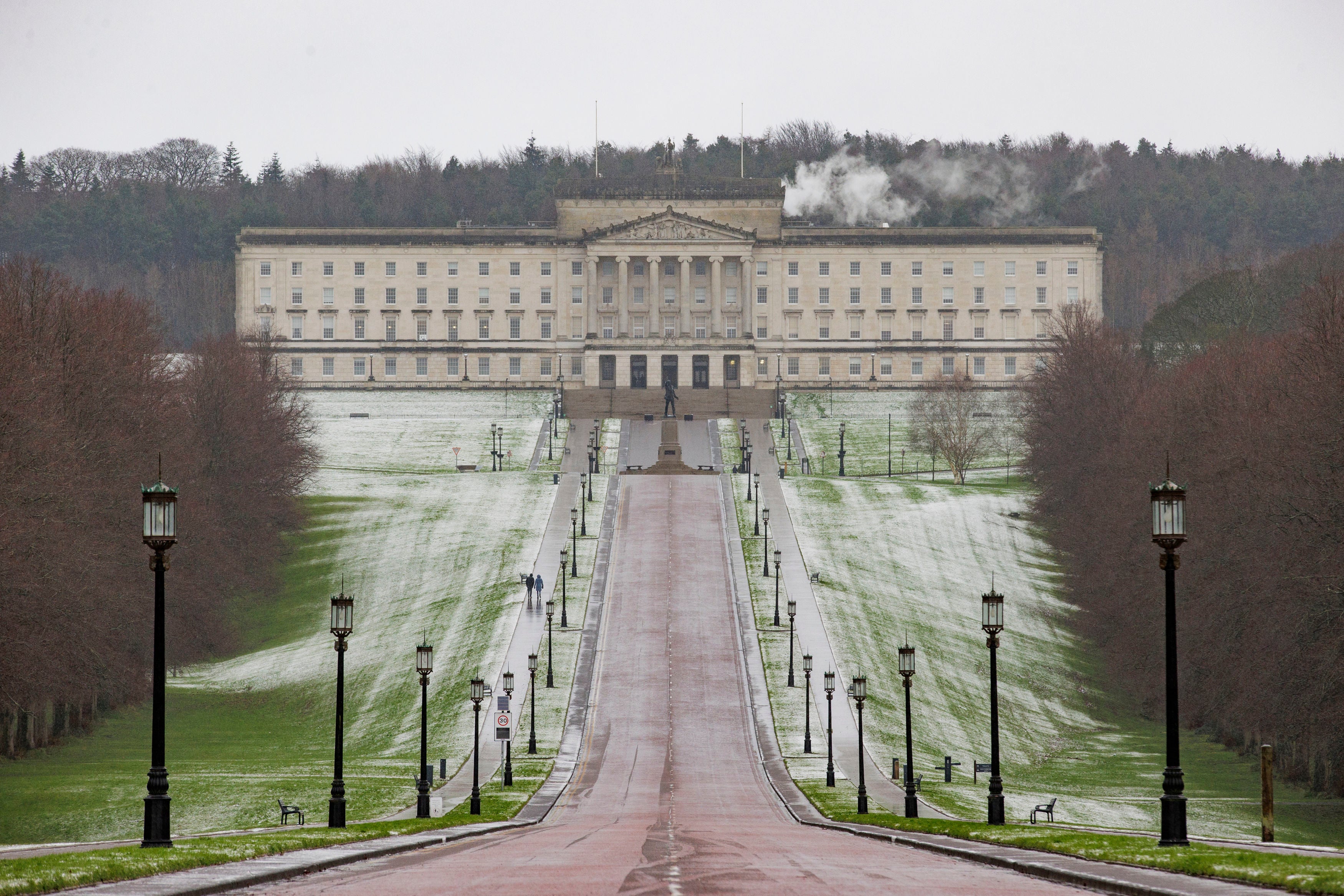Can the Northern Ireland Assembly finally be persuaded back to work?
After a political impasse lasting almost two years, the British government is running out of patience, but this is not a time to stop talking, says Sean O’Grady


The Northern Ireland Assembly (NIA) and Executive (NIE), set up under the historic Good Friday Agreement of 1998, have been effectively suspended since February 2022, when the Democratic Unionists withdrew in protest at the then Northern Ireland protocol. The secretary of state for Northern Ireland, Chris Heaton-Harris, is impatient about getting the politicians back to work to make some increasingly overdue decisions, not least on pay in the province’s public services, effectively frozen for three years.
On Thursday, as a result, Northern Ireland faces something akin to a general strike, where 15 trade unions will take part in industrial action across health, education and the civil service. The timing of the strike is significant. Heaton-Harris has to make a decision about the future of the power-sharing institutions by Thursday, and he has declared, perhaps unwisely for someone in his line of work in that part of the world, that “the time for talking is over”.
What is the row about?
Three things. First, the DUP are still protesting about the operation of Brexit in Northern Ireland, and specifically the imposition of an “economic border” down the Irish Sea, affecting some trade between the North and Great Britain. Rishi Sunak last year renegotiated the Northern Ireland protocol that was signed by Boris Johnson in the original Brexit treaty in 2019. The new Windsor Framework, agreed in a friendly spirit with the EU, was much less onerous and gave the Northern Ireland Assembly in Stormont limited “emergency brake” veto powers, but this isn’t good enough for the DUP. Although the assembly and executive have no powers over EU relations, the DUP sought to use their boycott as pressure.
The second, more cynical, reason suggested by some is that when the May 2022 elections for the NIA resulted in Sinn Fein becoming the largest party, just, and thus on line for the role of first minister that had long been the preserve of the DUP, the Unionists simply couldn’t accept the demotion to deputy first minister (though constitutionally the FM and DFM have equal power of veto).
The third, more pressing reason is money Heaton-Harris has basically offered Jeffrey Donaldson £3.3bn for the NIE if he takes up his place in the executive. He’s holding out for more.
What will Heaton-Harris do?
Not much, because, as usual there, the time for talking is not over. He could collapse the whole of the power-sharing institutions and introduce direct rule by London, or threaten to – a huge gamble that would worsen relationships and make restarting the NIA/NIE even harder.
Or he could declare fresh elections, but there is no guarantee that the DUP would end their boycott.
Most likely he will delay things, yet again.
Are the members of the assembly still getting paid?
Outrageously, yes, for doing next to nothing. Heaton-Harris has declared that he will, however, cut their salaries by 27.5 per cent if they don’t go back to work – which of course requires the consent of the DUP. That may concentrate minds.
What are the longer-term prospects?
Heaton-Harris will have to find a way to allow public sector pay rises and other key decisions to be made without the NIA and NIE taking them. The Northern Ireland civil service is constitutionally permitted to make “care and maintenance” routine administrative decisions, but anything vaguely political is ultra vires. But there’s a limit to the bribes he can offer the DUP, while there is zero chance that Rishi Sunak, the EU or an incoming British Labour government would try to renegotiate the Windsor Framework. So there will be more strikes and worsening public services for the people of Northern Ireland – and the risk of power-sharing failing and eventually an upsurge in terrorism.
Things wouldn’t be so bad if Sunak hadn’t indicated that it might almost be another year before the general election – a long time to wait for a fresh pair of eyes and a Labour Northern Ireland secretary, presumably Hilary Benn, to take the initiative.
The time for talking is far from over.






Join our commenting forum
Join thought-provoking conversations, follow other Independent readers and see their replies
Comments